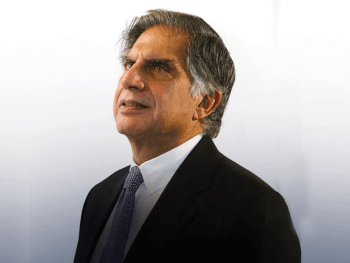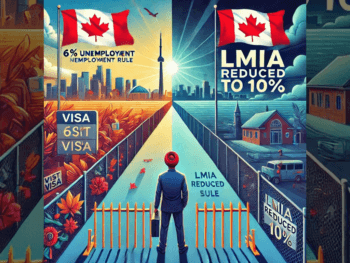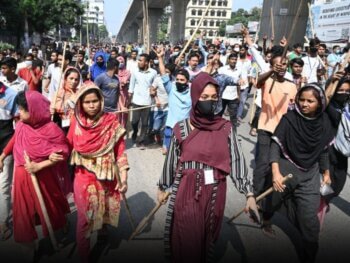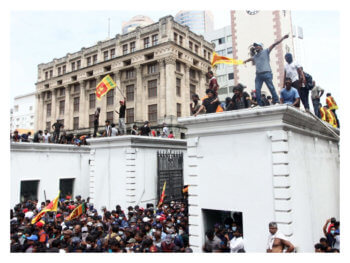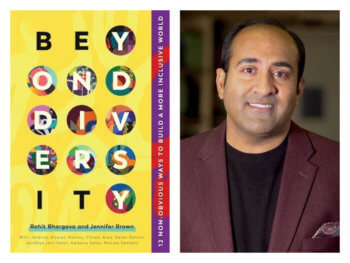Canadian Prime Minister Justin Trudeau announced his resignation as leader of the Liberal Party on January 6, 2025, marking the end of nearly a decade in power. His decision follows mounting internal and public discontent, including the recent resignation of key ministers such as Finance Minister Chrystia Freeland, who departed after disagreements over economic policies. AP NEWS
Trudeau began his tenure in 2015, and he initially characterized it with a progressive agenda emphasizing immigration, gender equality, and environmental policies. However, his leadership faced numerous challenges, including scandals and criticisms over rising living costs and immigration policies, leading to a decline in public support. The Sun
The Liberal Party is now responsible for selecting a new leader to guide the country through this transitional period. The authorities have suspended Parliament until March 24, anticipating an election in the spring. All major opposition parties are preparing to challenge the Liberal government’s record. AP News

Significance for South Asian Communities in Canada
Trudeau’s resignation holds particular significance for South Asian Canadians, a demographic actively engaged in the political landscape. Under Trudeau’s administration, there was a notable increase in the representation of South Asian Canadians in government positions, reflecting his commitment to diversity and inclusion.
Under the Liberal government in September 2024, Canada made changes to Canada’s Labour Market Impact Assessment (LMIA) process, particularly impacting the Temporary Foreign Worker (TFW) Program. These changes are particularly significant for South Asian immigrants seeking employment and permanent residency in Canada, as it greatly limits the opportunities for foreign workers and international students to gain Canadian PR and subsequently citizenship. More details on this here.
There are more calls in the government and across the nation for stricter immigration policies, fueling anti-immigrant hatred among the masses.
The forthcoming leadership change introduces uncertainties regarding the continuation of previous inclusive policies, or or continuing further limits to the immigration opportunities for those seeking to make Canada their permanent home.
One of the major government initiatives Trudeau undertook during his first term included establishing the Canada Child Benefit, which is is a tax-free monthly payment available to eligible Canadian families to help with the cost of raising children. This benefit has been particularly helpful for Canadian newcomers and lower-income visible minorities, who struggle to make ends meet while working on upgrading their skills for the labor market. How this might change in the post-Trudeau era, and if for the better or the worse, remains to be seen.
South Asian communities will closely scrutinize the new leadership’s stance on immigration, multiculturalism, minority representation and social benefits. The Liberal Party’s future direction will play a crucial role in determining the extent to which the interests of South Asian Canadians are addressed.
As the political landscape evolves, South Asian Canadians must remain engaged and advocate for policies that support their communities. The upcoming election allows these communities to influence political discourse and ensure their voices are heard in shaping Canada’s future.
Key Developments Following Trudeau’s Resignation:
AP News
The Sun
New York Post
Author
Internationally celebrated, award-winning media personality and author of several business and lifestyle articles, Tushar Unadkat, is the CEO, Creative Director of MUKTA Advertising, Founder, and Executive Director of Nouveau iDEA, Canada. He holds a Master of Design from the University of Dundee, S...





























































